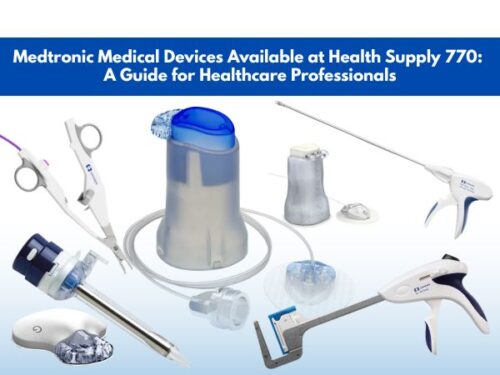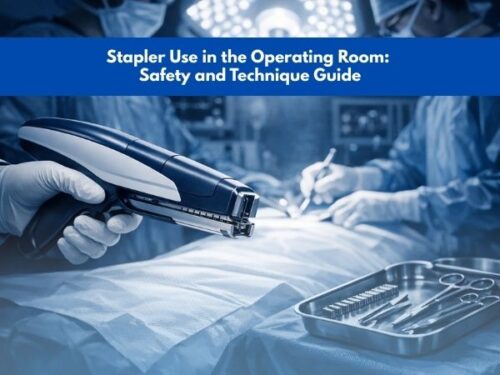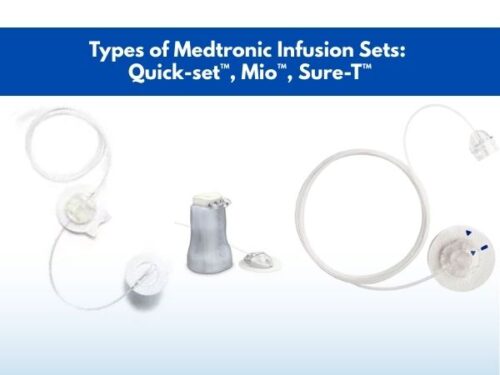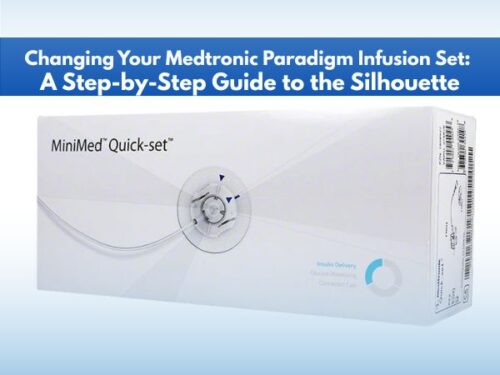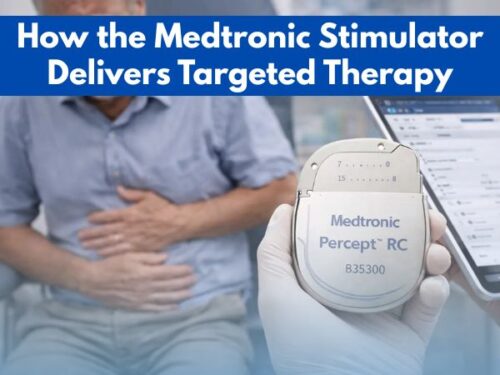Is It a Cold Sore or Pimple?

The appearance of cold sores or pimples on the skin is a common problem experienced by people of every age group. However, these skin problems mostly worry the younger generation as they are more prone to such issues due to hormonal fluctuations. With the intention of getting rid of a blister as early as possible, people tend to use a dozen of home-based remedies which may, in some cases, aggravate the situation. In this article, let us take a look at what a cold sore and a pimple are, how to differentiate between them, and what is the best treatment for a pimple or cold sore.
What is a Cold sore?
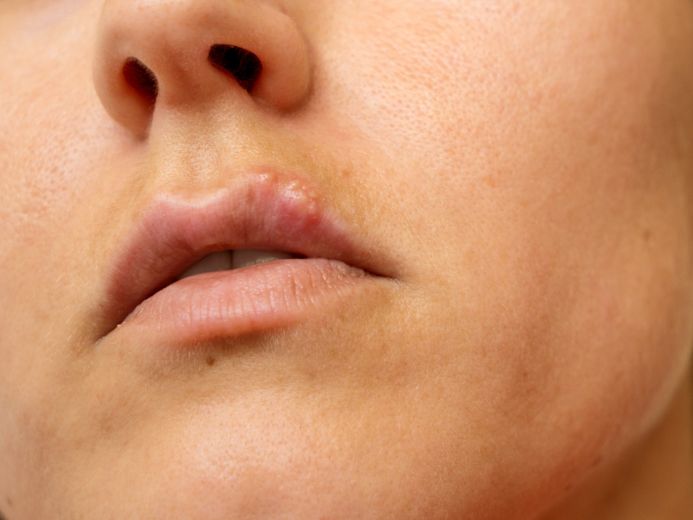
Core sores are blister-like outgrowths that commonly appear at the corner of lips. The process of their emergence starts with a sensation of burning and tingling followed by itching. These cold sores are also called fever blisters. As the causative agent of cold sores is a contagious virus, these can transfer from one person to another.
What are the Causes of a cold sore?
The causative agent of these cold sores is the infamous herpes simplex virus (HSV). It has two strains i.e. HSV-1 and HSV-2, both of which are responsible for sore formation in the different parts of the body. HSV-1 is credited with causing oral sores while HSV-2 affects the genitals. One can contract the HSV-1 virus from:
– Having intimacy with an infected person
– Sharing razors, towels, utensils, cosmetics, etc.
What are the Treatment options of a cold sore?
Usually, a cold sore has a short lifespan and subsides automatically within two to four weeks without any treatment. The following home-based remedies can also be tried to alleviate the symptoms:
-The application of a cold press can help reduce the pain and redness.
– The use of lemon balm, aloe vera, licorice, coconut oil, or zinc-infused skin care products can also help subside the cold sores.
– Covering the lips from sun exposure can also prove to be helpful.
– For the purpose of pain relief, it is recommended to use any over-the-counter (OTC) pain relieving cream with lidocaine or benzocaine as its active moieties.
However, if the still persist after a month, the following medications can be prescribed:
– Antiviral drugs including acyclovir or famciclovir pills
– Topical formulations of acyclovir, penciclovir, docosanol, etc.
Risk factors for contracting cold sores
Cold sores, however, caused by a viral entity, can spread rapidly owing to some associated factors which include:
– Fever, cold, or flu
– Stressful lifestyle
– Malnutrition accompanied by dehydration
– Sleep deprivation
– Weakened immune system
– Hormonal fluctuations due to menstruation or other causes
What is a Pimple?
A pimple is a small reddish bumpy outgrowth part that is formed on the lips or on any other part of the face. The pimple usually has a tip that is yellowish in appearance but can also have other colors such as white or black. Unlike cold sores, pimples are not confined to one body part rather they can appear anywhere. If you are experiencing frequent pimples on your lips, you may be having the symptoms of acne which, in most cases if not all, needs to be medically treated.
What are the Causes of pimples?
The most common cause of pimple formation is the aggregation of skin oil called sebum and the dead skin cells into the hair follicles. This mixture clogs the pores and generates an ideal condition for the growth of bacteria resulting in the formation of a whitehead pimple. Once these bacteria are exposed to air, the color of the pimple turns blackish.
What are the Treatment options of pimples?
To treat the pimple on the lips, the first-line therapy is the use of topical OTC products including creams and lotions. Moreover, a cold compress may also help relieve the pain and discomfort. Some of the products which may prove to be helpful in alleviating as well as preventing pimples in the future include:
– Green tea-infused creams and lotions
– Oil-free sunscreen
– Fish oil rich in omega-3 fatty acids
– Zinc lotion
– Zinc supplements
Risk factors of pimples
Simple practices such as not removing makeup before going to bed can be the precursor of starting pimples. Apart from this, other risk factors include:
– Genetic factors
– Stressful lifestyle
– High consumption of dairy products and chocolates
– Hormonal disturbances
– Use of corticosteroids
– Pregnancy
How to diagnose a cold sore and a pimple?
In most cases, a symptomatic evaluation gives it away if the blister is a cold sore or pimple. However, your doctor may recommend running some tests to confirm one of these.
– Doing a viral culture can confirm which type of blister you have. To perform this, a sampling of the lesion is done using a swab and testing it to check the viral presence.
– Conducting a blood test may also be necessary in some cases.
– A biopsy may also be recommended by your physician if the first two do not make it clear enough about the nature of your blister.
Comparison of cold sores with pimples
Succinctly, a cold sore and a pimple, although may look the same, differ in many ways which are summarized below:
| Properties | Cold sore | Pimple |
| Location | On the lips, mostly on the lower lip | Anywhere on the face or lips |
| Appearance | Cluster of blisters | Single blackhead or whitehead |
| Level of discomfort | Itching, burning, and tingling sensation | Pain |
| Treatment options | Antiviral drugs | Home-based remedies with topical OTC painkillers |
Conclusion
Cold sores or pimples look quite similar to each other but have different causative agents as well as treatment options. Usually, both of these are self-healing and go away within a few weeks. But if they persist, medical treatment can be prescribed after diagnosis. Moreover, it is easy to avoid a cold sore vs pimple by eliminating the risk factors which make one more prone to experiencing them.
